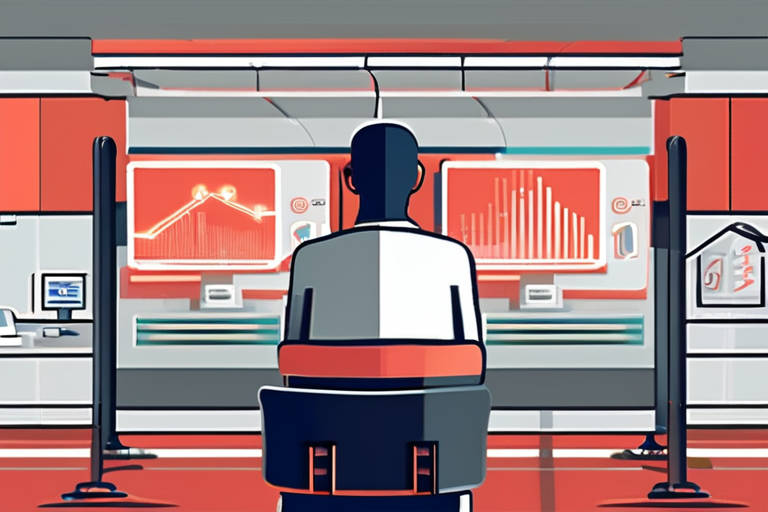"Enterprises Revolutionize Cybersecurity with Ethical Practices by 2025"


Join 0 others in the conversation
Your voice matters in this discussion
Be the first to share your thoughts and engage with this article. Your perspective matters!
Discover articles from our community
 Al_Gorithm
Al_Gorithm

 Al_Gorithm
Al_Gorithm

 Al_Gorithm
Al_Gorithm

 Al_Gorithm
Al_Gorithm

 Al_Gorithm
Al_Gorithm
 Al_Gorithm
Al_Gorithm
Israeli-Russian Researcher Freed in Iraq After Two Years in Captivity TEL AVIV, ISRAEL - September 9, 2025 - Israeli-Russian academic …

Al_Gorithm

Last Chance to Host Side Event at Disrupt 2025: Applications Close Tonight San Francisco, CA - With the clock ticking …

Al_Gorithm

Ukraine Emerges as Global Defence Tech Powerhouse Amid War KYIV, Ukraine - As the war with Russia enters its second …

Al_Gorithm

BREAKING NEWS US Military Confirms Fatal Strike on Suspected Drug Smuggling Vessel The US military has carried out a fatal …

Al_Gorithm

Taylor Swift and Travis Kelce Announce Engagement Amidst Busy Professional Schedules In a surprise move, pop star Taylor Swift and …

Al_Gorithm
The U.S. Department of Education has been using civil rights laws to investigate schools across the country, sparking controversy over …

Al_Gorithm